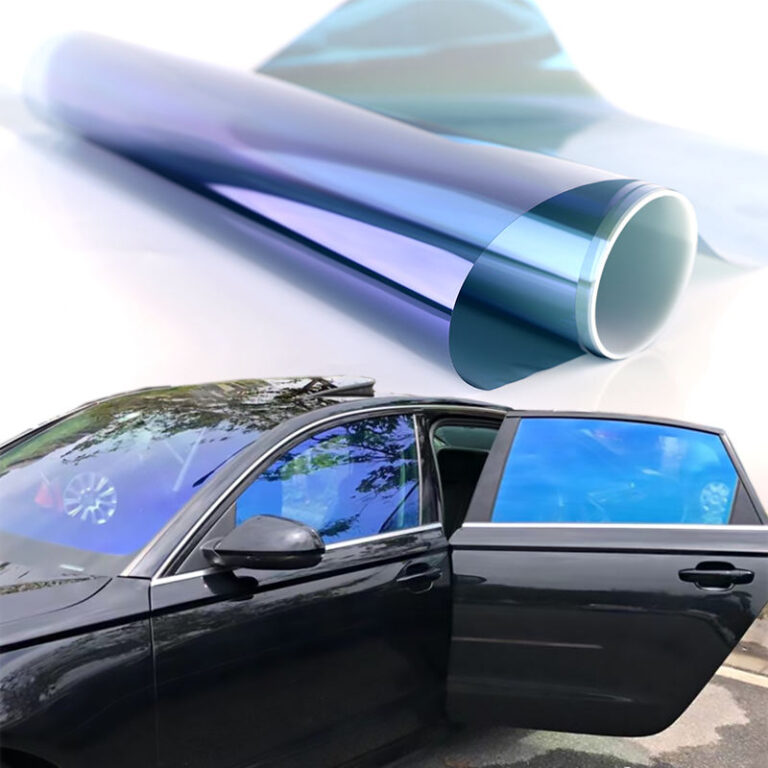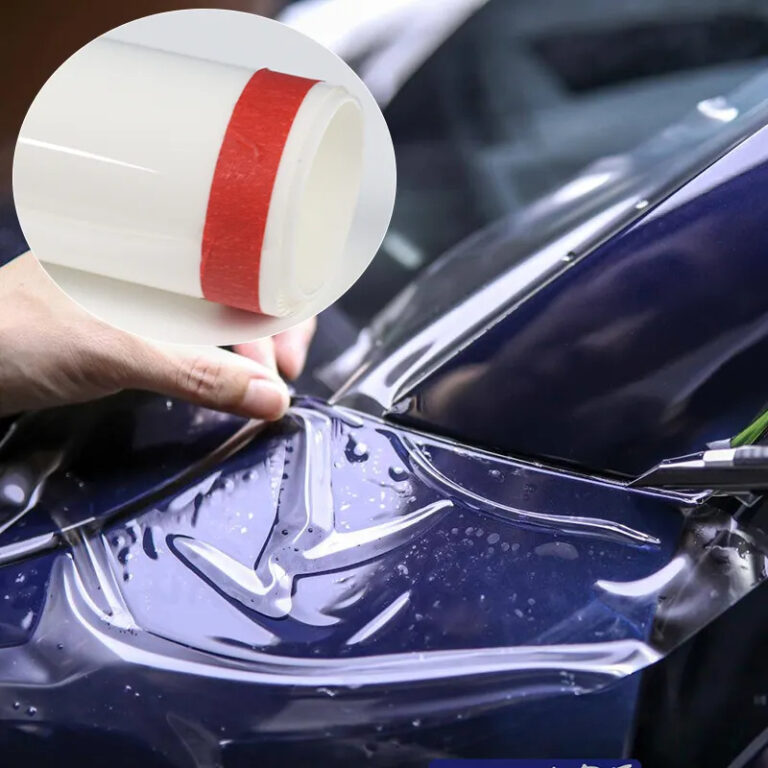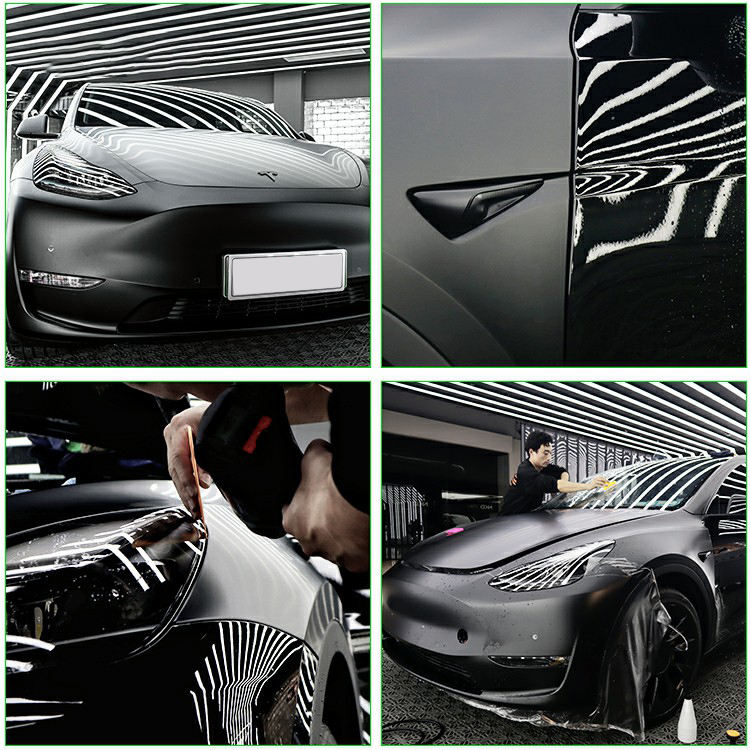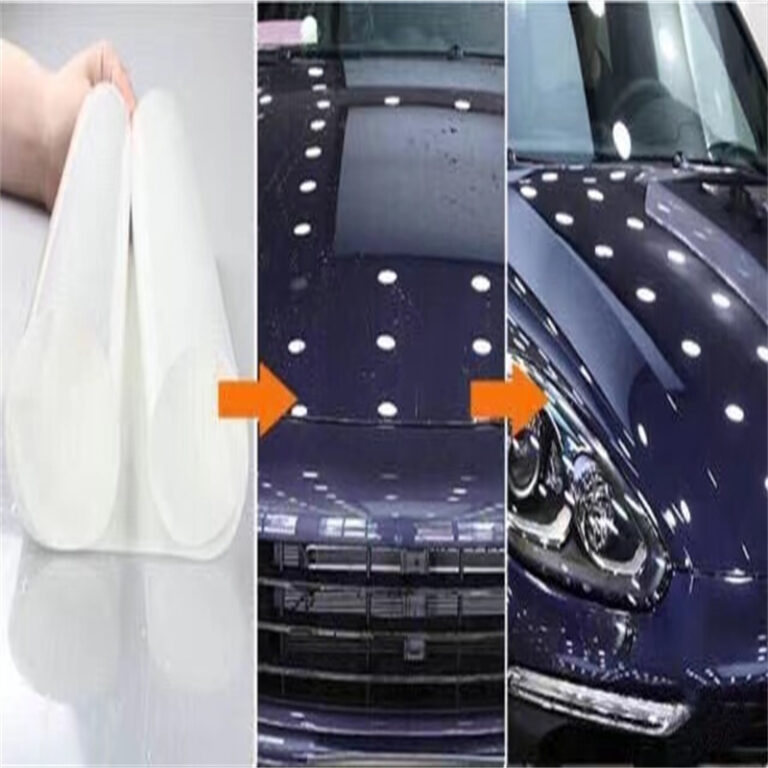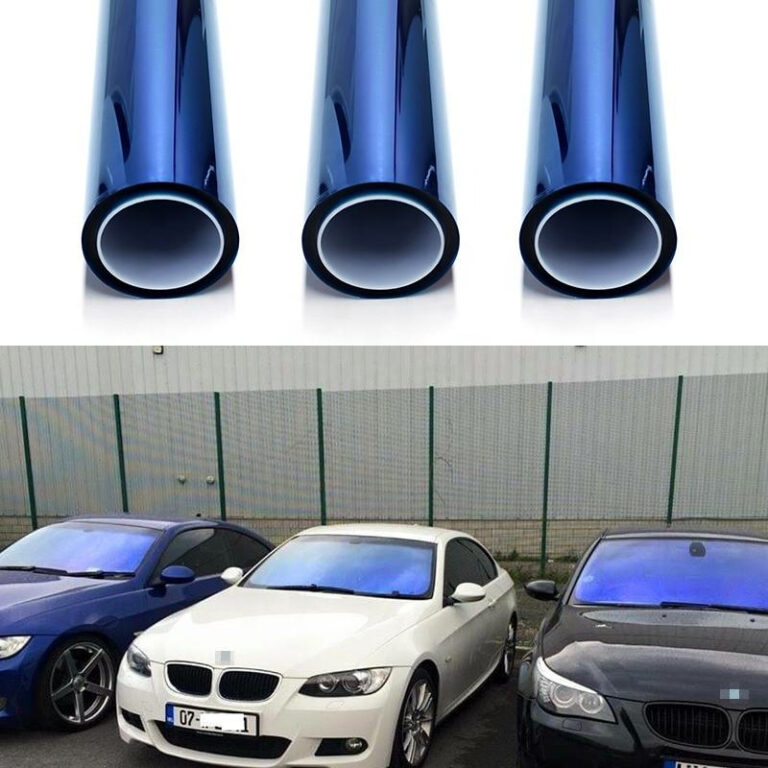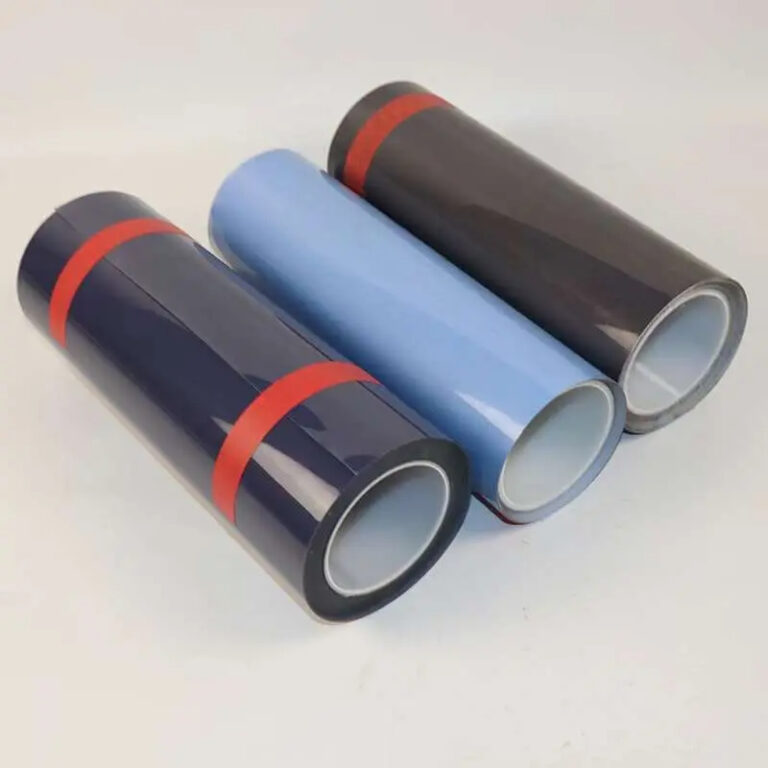Is thicker car ppf better?
Before we delve into this question, let’s briefly explore the concept: what is car ppf film?
Paint protection film isn’t a brand name but a widely used term. Its literal translation, “paint protective film,” (car ppf) highlights its purpose of safeguarding vehicle paint. It’s also known as “Vehicle wrap” or “Clear vehicle protective film.”

Apart from clear paint protection film (PPF), there are also colored PPF and matte PPF.
Many brands use terms like “next-generation” or “new generation” to stand out, but these labels lack substance. Car paint protection film isn’t categorized by generations; it’s classified by structure, materials, and techniques. Since 1966, clear paint protection has improved significantly, primarily through material advancements, transitioning from PU to PVC and eventually to TPU.
So, what are the differences between the commonly seen TPH VS TPU Car PPF materials? Let’s explore below.
Car ppf tpu vs tph

The fundamental disparities between PVC and TPU are evident from their names: plastic and rubber. PVC, short for Polyvinyl chloride, represents the ubiquitous plastic material. TPU, or Thermoplastic polyurethanes, is recognized as rubber.
TPH, essentially PVC with added plasticizers, remains a type of plastic.
Conversely, TPU is a favored material for clear car wraps, blending characteristics of rubber and plastic as a Thermoplastic Polyurethane Elastomer. Recognized as a premier option for clear car wraps, TPU comes in aromatic and aliphatic variants, distinguished by diisocyanate properties. This division results in two types of clear car wraps: aliphatic TPU and aromatic TPU. Further details are omitted herein.
How to distinguish between PVC, TPH, and TPU:
- Adhesive Layer Test:
Expose the adhesive layer by placing a finger on the film. Tap the paint surface repeatedly to assess adhesion and potential peeling of the adhesive layer. High-quality TPU materials often feature a robust adhesive layer capable of enduring these tests without performance degradation, even after 50 repetitions.

PVC is rigid and straight.

TPU is flexible and droopy.
2. Fire test:
PVC and TPH have poor heat stability, resulting in noticeable discoloration and odor when exposed to fire. TPU material can maintain excellent performance and is not easily ignited or discolored even when briefly subjected to flames, and it may even restore its original state.


3. Testing with a screwdriver:
PVC is very hard, TPH is relatively thin, and TPU is the most resilient. PVC or TPH material car wraps are prone to punctures and cannot be repaired, whereas TPU does not puncture easily and can recover.


In the stretch test:
It is observed that TPU material displays evident toughness and resilience, with the presence of strong elasticity. It can restore its original shape. Conversely, PVC exhibits poor tensile strength.

If you are interested in testing, please contact us to receive free samples.
Is thicker car ppf superior?
The protective performance of paint protection film includes resistance to scratches, corrosion, stone chips, and high-speed branch scratches. It guards against insect residue, bird droppings, UV-induced fading, and vandalism.
However, optimal performance isn’t solely thickness-dependent. Material composition, coating technology, and adhesive quality are crucial. Thickness alone doesn’t guarantee these protective factors.

Where does the protection of car wraps come from?
- Advanced Coating = Strong Protection
The coating acts as the outermost protective cover of the paint protection film. Depending on the coating, it can provide functions such as blocking UV penetration, resisting corrosion and pollution, and scratch repair.
- Excellent Adhesive = Guarantee
The adhesive not only ensures adhesion but also prevents damage and ensures long-term durability. Even premium car ppf rely on top-notch adhesive technology for reliable performance.
- Production Technology = Strong Backup
Quality car ppf (clear car ppf), like fine cuisine, requires top-notch ingredients and advanced production methods. Each component—substrate, coating, adhesive, and technology—must excel for the film to be high-quality. While thickness matters, it’s most effective when other technical aspects are on par.
Want To Know More About Our Products?
Find out more about Wholesale GZCARWINDOWTINT by visiting our website here.
Find out more about what is car paint protection film by visiting our website here
We offer a range of services including Paint protection films, Window tints, Headlight tints, Chameleon tints and Vinyl Wrap.

